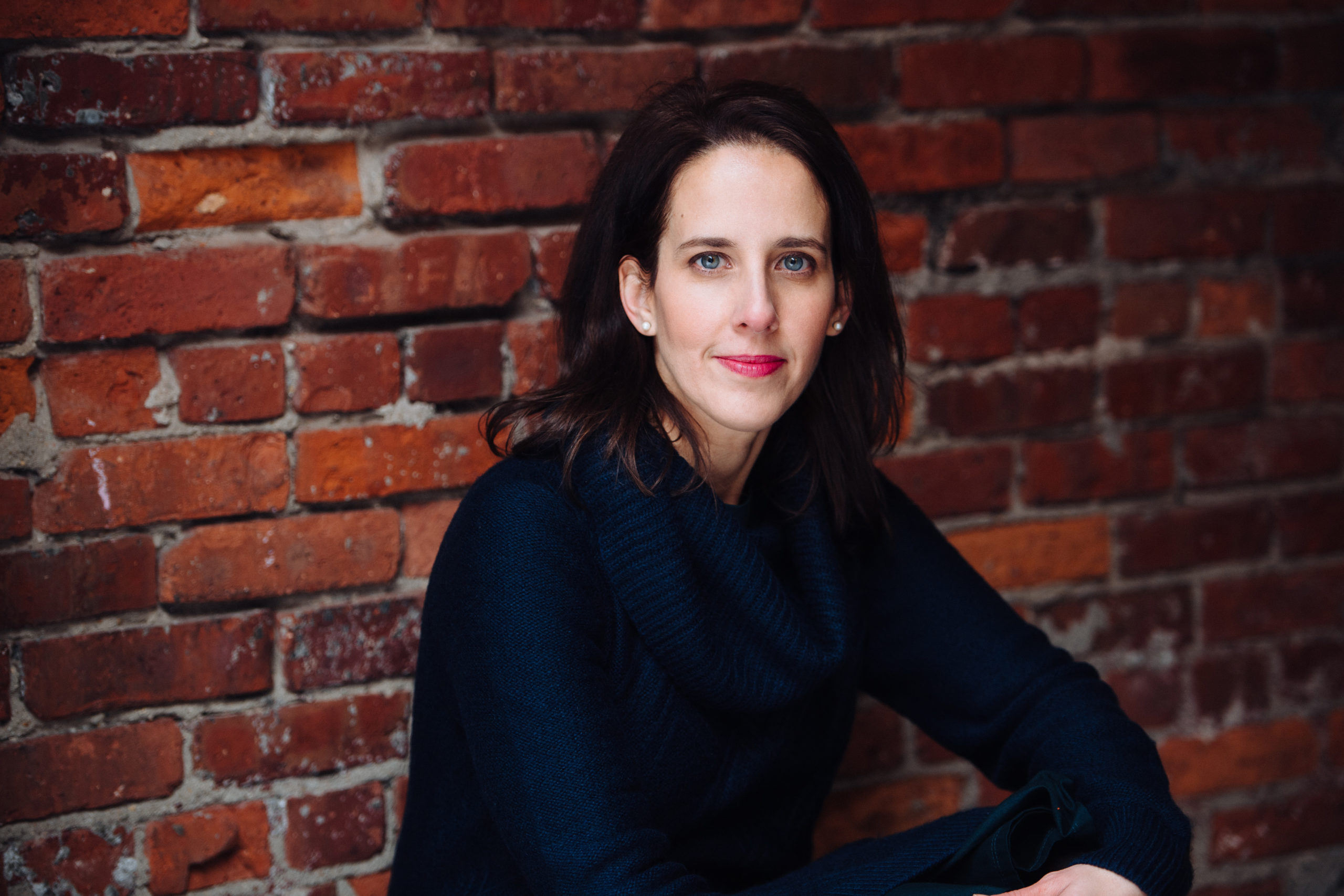In the past if I’ve been depressed, someone- sometimes Dan- tries to tell me other people have it much worse than I do- “think of third-world countries or people with no homes who are starving”- they tell me. Now, when I was feeling depressed or blue – this idea never helped at all. Why would it make me feel better to know that the pain and crap I’m feeling is even worse for others. Do I gain peace or contentment from others’ troubles. No, I would instantly feel worse and more overwhelmed.
But not now. If I think of those things now, I feel better. Not because I am glad to know others are sharing in my suffering or have it even worse than me- but because in this way I don’t have to ask, “Why me?” I do not take it personally- but instead have open eyes to the fact that this is a world full of sorrow. I am not being dark when I say this- it’s simply the truth. In this country, we are comfortable. In large part, it’s the advertising world that teaches us to strive for this convenient, yet often elusive life. You know the one- it’s in the Crate and Barrel catalogs- that’s why you think if you buy those new margarita glasses and guacamole bowl, your life will look like the one in the photo. But really, you buy things for your “imaginary life” most of the time. Because when you take it home, you’re still in your own regular old kitchen and you’re just not finding the time to throw a “fiesta” with six of your closest couple friends.
In this age, in our culture- the striving to be comfortable, to have it now, fast, new, better- has shrouded the sorrow that earlier ages knew of firsthand on a daily basis. In our culture- I believe instead- the repression of that truth spills out in anxiety- the anxiety that attacks so many people. It’s a quiet, sleepless anxiety asking us why we’re not happy or why we’re not living up to those standards of “togetherness”, masking the deeper fears that bad things might happen. It’s a nameless anxiety because we really don’t know what all this is about or have the depth to ask those hard questions.
But go back a few centuries and those people- they knew that sorrow was a very real part of our world. Women died in childbirth, people died in their own beds in your home all the time, there was disease and war. Death was not pornographic back then as it is now- (I am using some of a Tim Keller sermon to draw from here). Death was real and unavoidable. They were not obsessed with trying to stay youthful and people did not die in sterile hospital beds only to be whisked away to a mortuary and be “made-up.”
So now it helps for me to go back there and remember sorrow as an integral part of our world and our existence. It just is.
Once I am able to universalize sorrow and suffering and see it for what it is- a huge gash on the body of the human race- then I do not sit and wonder why this happened to me- I wonder instead why it happens to all of us- and then…ironically because it seems a much bigger, more unanswerable question than “why me?”- somehow this question feels like a step in the right direction. When I ask “why?” for all of us- then, the bitterness is leaving and the truth is beckoning.
So much for my mental break from all this processing…




0 Comments